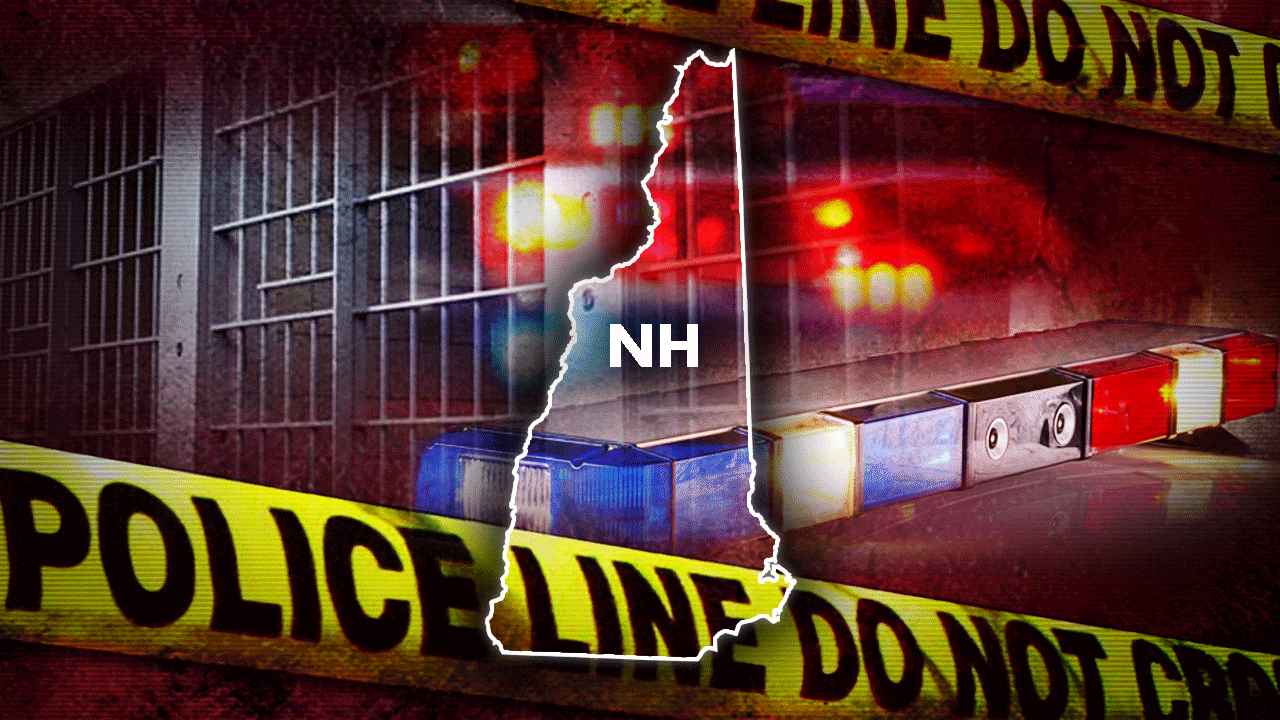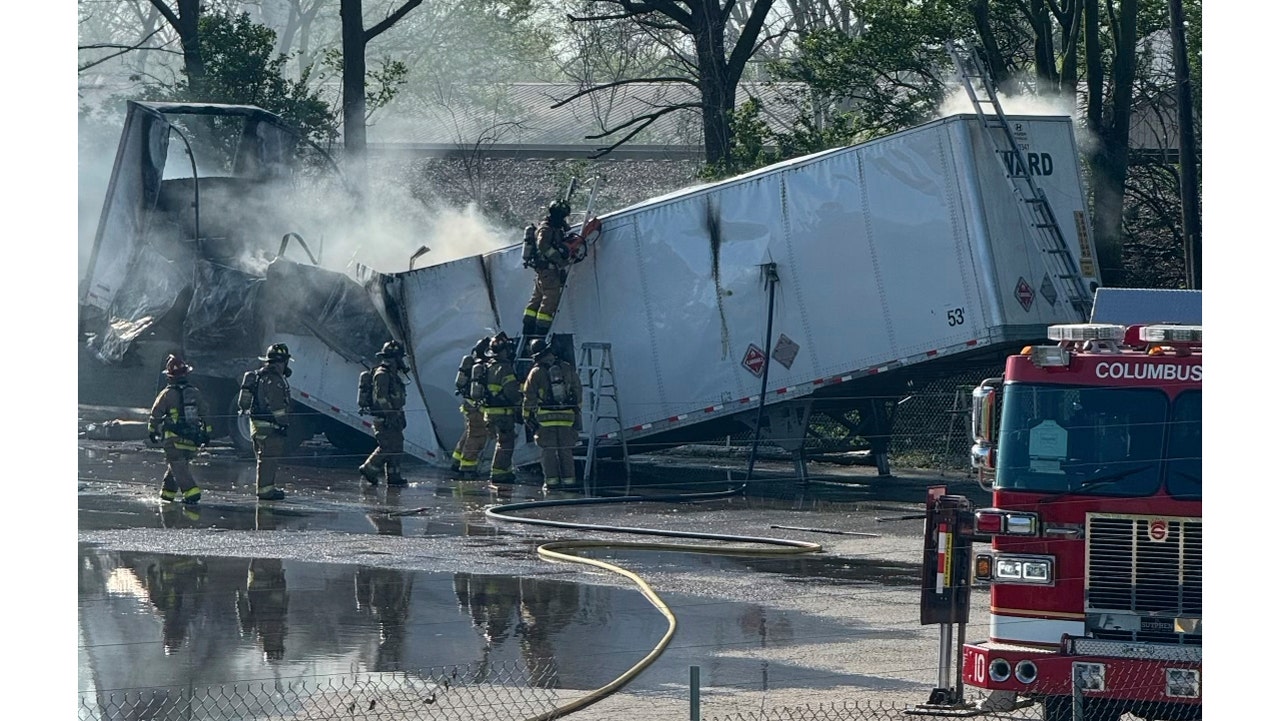Columbia University’s president, Nemat Shafik, released a video message late on Friday, following several weeks of tension over Gaza war protests on campus that have spawned a wave of antiwar activism at universities across the country.
On Tuesday, those tensions erupted after Dr. Shafik asked the New York Police Department to clear a building occupied by pro-Palestinian protesters and encampments on campus. Police officers in riot gear arrested more than 100 demonstrators at Columbia University.
It was the second time in two weeks that Columbia officials had asked the police to enter the Manhattan campus to remove demonstrators. On April 18, another 100 or so Columbia students were arrested. The decision to bring law enforcement on campus, and also to request that they remain on campus until May 17, has drawn criticism from many members of the Columbia community, including faculty, alumni and students.
Over the last six months, the university has released numerous letters to its students, faculty and alumni regarding the Oct. 7 Hamas-led attack, the war in Gaza and the related protests and unrest on campus. But the video released on Friday was the first one by Dr. Shafik released on the school’s Vimeo page in months.
In the video message, Dr. Shafik discussed the need for the community to work together to return civility to the campus after weeks of unrest.
“These past two weeks have been among the most difficult in Columbia’s history,” Dr. Shafik said. “The turmoil and tension, division and disruption have impacted the entire community.”
Speaking directly to the students, Dr. Shafik highlighted the fact that many seniors are now spending their final days in college the way they began in 2020 — online.
“No matter where you stand on any issue, Columbia should be a community that feels welcoming and safe for everyone,” she said.
In the video, Dr. Shafik said that her administration tried “very hard to resolve” the issue of the encampment through dialogue and discussion with the student protesters, but that, ultimately, they could not reach an agreement.
When a group of protesters broke into and occupied Hamilton Hall, Dr. Shafik said, it “crossed a new line,” and put students at risk.
Despite the turmoil of the last few weeks and months, Dr. Shafik told the Columbia community that she has confidence in the future.
“During the listening sessions I held with many students in recent months, I’ve been heartened by your intelligence, thoughtfulness and kindness,” she said.
“Every one of us has a role to play in bringing back the values of truth and civil discourse that polarization has severely damaged,” she added. “Here at Columbia, parallel realities and parallel conversations have walled us off from other perspectives. Working together, I know we can break down these barriers.”
In a break from what the Columbia community may be used to from Dr. Shafik, she also shared personal anecdotes about her upbringing in the video.
“As many of you know, I was born in the Middle East. I grew up in a Muslim family, with many Christian and Jewish friends,” she said. “I spent two decades working in international organizations with people from every nationality and religion in the world where if you can’t bridge divides and see each other’s point of view, you can’t get anything done.”
Dr. Shafik said that she learned from that experience, that “people can disagree and still make progress.”
The issues that are challenging us, she said, namely “the Palestinian-Israeli conflict, antisemitism, and anti-Arab and anti-Muslim bias” have existed for a long time, she said, adding that Columbia University cannot solve them single-handedly.
“What we can do is be an exemplar of a better world where people who disagree do so civilly, recognize each other’s humanity, and show empathy and compassion for one another,” she said. “We have a lot to do, but I am committed to working at it, every day and with each of you, to rebuild community on our campus.”
Earlier on Friday, more than 700 Columbia University community members attended an online meeting of the university’s Senate, a policymaking body made up of faculty members, students and others.
During the meeting, many expressed a lack of confidence in university leadership. Eventually, the chat was shut down because of arguing.
Jeanine D’Armiento, chair of the Senate, said in the meeting that the group’s executive committee had recommended the university continue negotiations with students instead of calling in the police on Tuesday. But, she said, “We were not asked for our opinion.”
Sharon Otterman contributed reporting.






